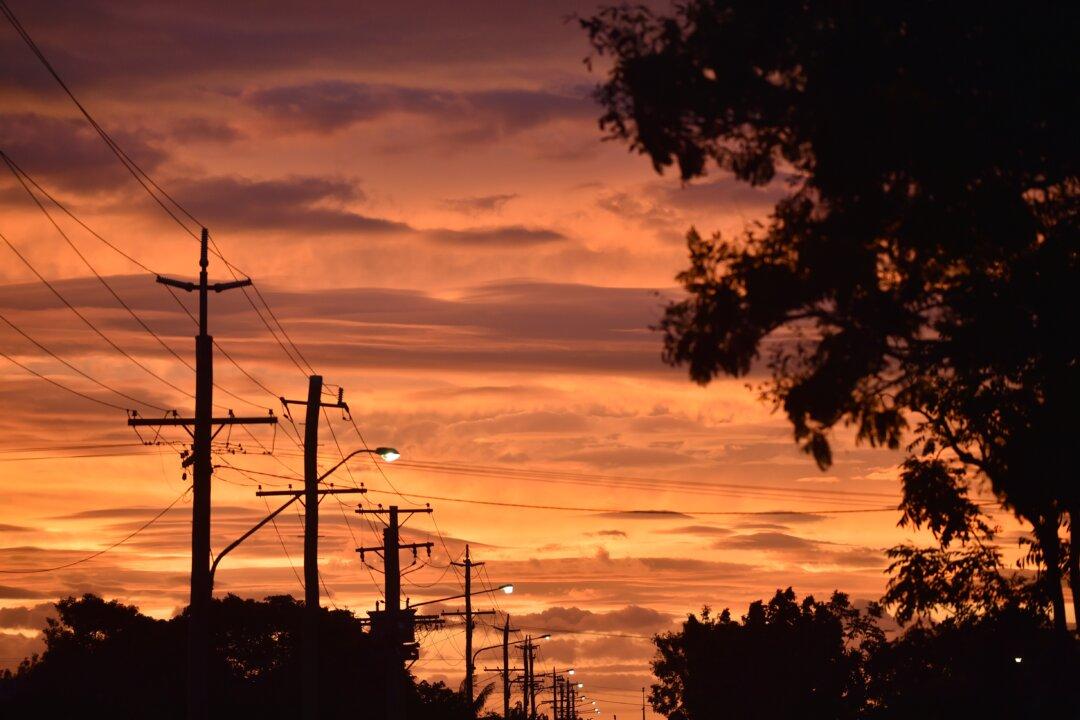A major coal-fired power station in Queensland has experienced a delay in repair, which is likely to stretch electricity supplies and prices in the state at a time when an energy crisis is sweeping Australia.
On March 8, Queensland-owned CS Energy announced an extension to the return to service dates of two generation units at the Callide C power station.





